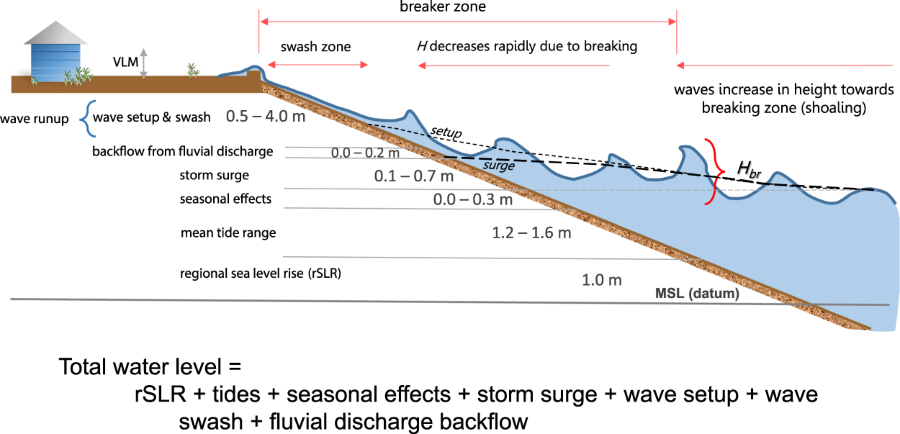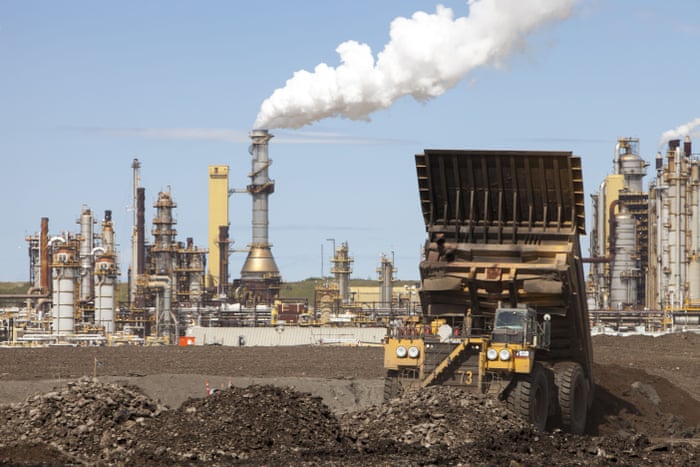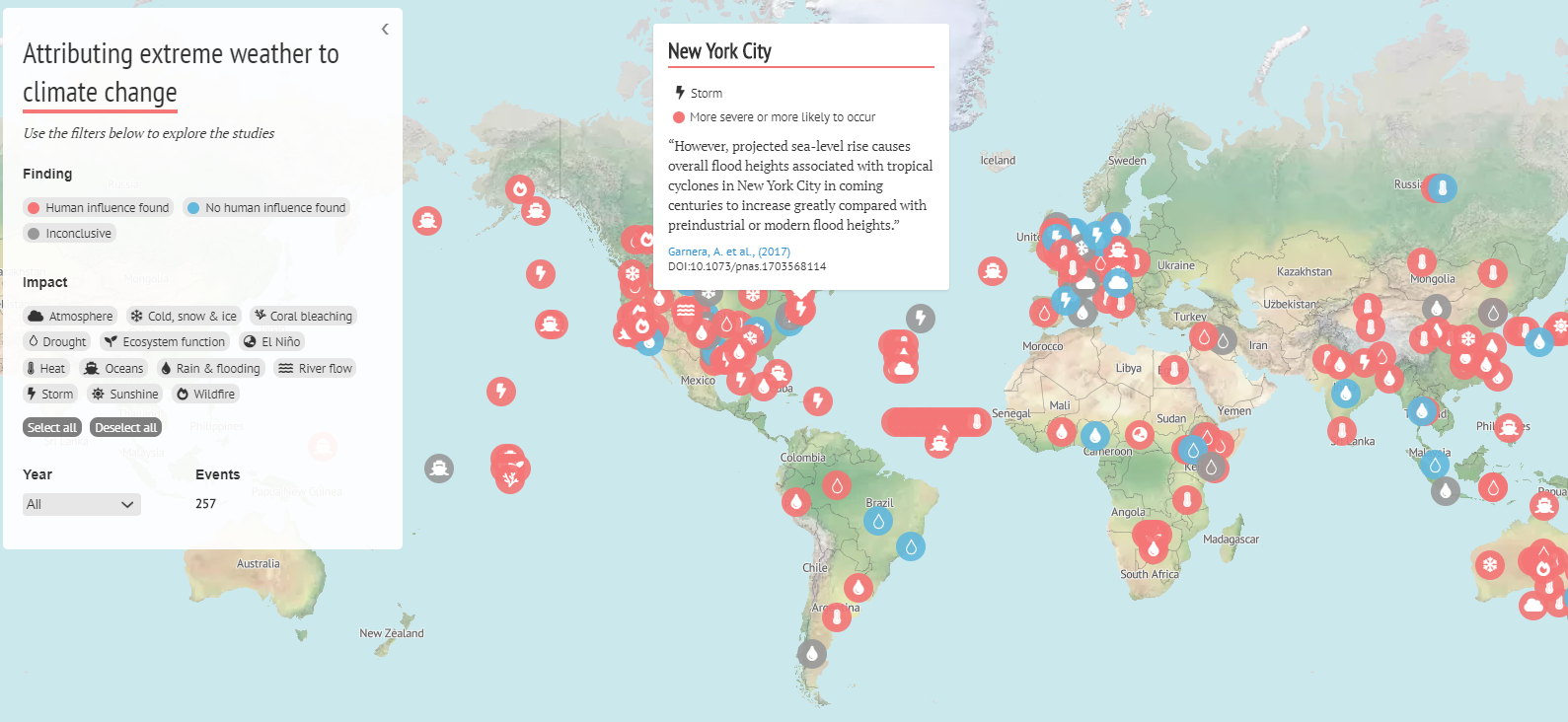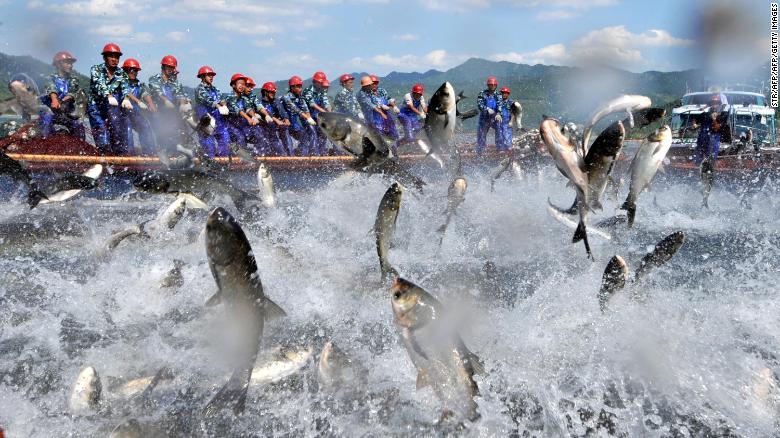NASA keeps track of sea level change and its causes from space. Find out more about how NASA satellite observations help our understanding of this complex topic.
NASA Sea Level Change Portal
Following what goes on with oil and gas exploitation in and around Adrian, Michigan since 2013 - and how these events in our little city connect to the global environmental situation... - with the occasional sidetrack to other related environmental issues in Lenawee county, Michigan and how those relate to global issues.
Wednesday, March 27, 2019
Wednesday, March 20, 2019
TONIGHT: Dirt Rich - The Movie
http://sustainability.sienaheights.edu/environmental-documentaries.html
Today, 20-Mar, showing Dirt Rich, 88 minutes
Topics: Food, Climate Change, Solutions
Dirt Rich shifts focus from greenhouse gas emissions to carbon draw down which is the only viable solution for reversing the effects of runaway global warming in a timely manner. Through exploration of geo-therapy strategies, Dirt Rich shines light on their value and beauty which undeniably are our last hope for protecting life as we know it on this challenged planet. Through regenerative agricultural practices, reforestation of abandoned land, protection/restoration of carbon rich wetlands and keystone species, Dirt Rich illustrates how implementing these strategies will return our atmosphere to safe levels of carbon while growing soil, our most precious resource.
Dirt Rich - The Movie
Today, 20-Mar, showing Dirt Rich, 88 minutes
Topics: Food, Climate Change, Solutions
Dirt Rich shifts focus from greenhouse gas emissions to carbon draw down which is the only viable solution for reversing the effects of runaway global warming in a timely manner. Through exploration of geo-therapy strategies, Dirt Rich shines light on their value and beauty which undeniably are our last hope for protecting life as we know it on this challenged planet. Through regenerative agricultural practices, reforestation of abandoned land, protection/restoration of carbon rich wetlands and keystone species, Dirt Rich illustrates how implementing these strategies will return our atmosphere to safe levels of carbon while growing soil, our most precious resource.
Dirt Rich - The Movie
Saturday, March 16, 2019
Game Changer Fund – CNCA
Cities have limited access to early-stage risk capital for implementing some of the riskier strategies for decarbonizing key systems at a scale considered “transformational.” In response, the Carbon Neutral Cities Alliance (CNCA) created a new “Game Changer Fund” in 2018 to foster even greater capacity within CNCA and other cities to implement critical, groundbreaking work that advances the global field of deep urban decarbonization. The Game Changers Report, released below, highlights seven transformations occurring across our CNCA cities.
Game Changer Fund – CNCA
Game Changer Fund – CNCA
UN: Environment is deadly, worsening mess, but not hopeless
Earth is sick with multiple and worsening environmental ills killing millions of people yearly, a new U.N. report says.
Climate change, a global major extinction of animals and plants, a human population soaring toward 10 billion, degraded land, polluted air, and plastics, pesticides and hormone-changing chemicals in the water are making the planet an increasing unhealthy place for people, says the scientific report issued once every few years.

UN: Environment is deadly, worsening mess, but not hopeless
Climate change, a global major extinction of animals and plants, a human population soaring toward 10 billion, degraded land, polluted air, and plastics, pesticides and hormone-changing chemicals in the water are making the planet an increasing unhealthy place for people, says the scientific report issued once every few years.

UN: Environment is deadly, worsening mess, but not hopeless
Dynamic flood modeling essential to assess the coastal impacts of climate change | Scientific Reports
Coastal inundation due to sea level rise (SLR) is projected to displace hundreds of millions of people worldwide over the next century, creating significant economic, humanitarian, and national-security challenges.

Dynamic flood modeling essential to assess the coastal impacts of climate change | Scientific Reports

Dynamic flood modeling essential to assess the coastal impacts of climate change | Scientific Reports
Resource extraction responsible for half world’s carbon emissions | Environment | The Guardian
Extractive industries are responsible for half of the world’s carbon emissions and more than 80% of biodiversity loss, according to the most comprehensive environmental tally undertaken of mining and farming.
 MaMassive dump trucks by the Syncrude upgrader plant, Canada. The tar sands are the largest industrial project on the planet, and the world’s most environmentally destructive. Photograph: Rex/Shutterstock
MaMassive dump trucks by the Syncrude upgrader plant, Canada. The tar sands are the largest industrial project on the planet, and the world’s most environmentally destructive. Photograph: Rex/Shutterstock
Resource extraction responsible for half world’s carbon emissions | Environment | The Guardian
 MaMassive dump trucks by the Syncrude upgrader plant, Canada. The tar sands are the largest industrial project on the planet, and the world’s most environmentally destructive. Photograph: Rex/Shutterstock
MaMassive dump trucks by the Syncrude upgrader plant, Canada. The tar sands are the largest industrial project on the planet, and the world’s most environmentally destructive. Photograph: Rex/ShutterstockResource extraction responsible for half world’s carbon emissions | Environment | The Guardian
Friday, March 15, 2019
Mapped: How climate change affects extreme weather around the world
This is just the beginning and it will increase and last for at least 100 years if we do not turn the wheels NOW...
A valuable map developed by Carbon Brief detailing extreme weather events around the world and to what extent it can be attributed to climate change.

Mapped: How climate change affects extreme weather around the world
A valuable map developed by Carbon Brief detailing extreme weather events around the world and to what extent it can be attributed to climate change.

Mapped: How climate change affects extreme weather around the world
Thursday, March 14, 2019
Heatwave Threatens Zimbabwe's Harvest Amid Severe Drought
The Climate Crisis: Increased probability of extreme weather events, including drought, heatwaves,...
Heatwave Threatens Zimbabwe's Harvest Amid Severe Drought
Heatwave Threatens Zimbabwe's Harvest Amid Severe Drought
Wednesday, March 13, 2019
Mapping the Coal Ash Contamination | Earthjustice
The industry's own data show the tip of the iceberg. Another toxic time bomb, especially in the light of more erratic weather extremes...
Groundwater monitoring data is publicly available for 773 coal ash sites across the United States and Puerto Rico, and according to a recent report analyzed and released by Earthjustice and the Environmental Integrity Project, almost all of them are contaminating groundwater with unsafe levels of toxic pollutants.
Mapping the Coal Ash Contamination | Earthjustice
Groundwater monitoring data is publicly available for 773 coal ash sites across the United States and Puerto Rico, and according to a recent report analyzed and released by Earthjustice and the Environmental Integrity Project, almost all of them are contaminating groundwater with unsafe levels of toxic pollutants.
Mapping the Coal Ash Contamination | Earthjustice
Sunday, March 10, 2019
Citizen Science During the Flint, Michigan Federal Water Emergency: Ethical Dilemmas and Lessons Learned
A citizen science collaboration between Flint residents, the Virginia Tech “Flint Water Study” team, and others helped to uncover the Flint Lead-in-Drinking Water Crisis and a community-wide outbreak of Legionella. The resulting Federal Emergency declaration in January 2016 resulted in more than $600 million in relief funding, an acknowledged case of environmental injustice, and resignations/indictments of some public officials. But after responsible government entities apologized and attempted to make amends and help with the recovery, some “citizen scientists” began making public statements that were in direct conflict with public health messaging of scientific authorities. A general state of science anarchy resulted, which created further distrust and confusion.
Citizen Science During the Flint, Michigan Federal Water Emergency: Ethical Dilemmas and Lessons Learned
Citizen Science During the Flint, Michigan Federal Water Emergency: Ethical Dilemmas and Lessons Learned
Tuesday, March 5, 2019
US airlines have an abysmal carbon footprint - Vox
Air travel is surging. That’s a huge problem for the climate.
Greenhouse gas emissions in the United States appear to be on the rise again after years of decline. The Rhodium Group recently released preliminary estimates showing carbon dioxide emissions overall surged 3.4 percent in 2018, with the transportation sector leading the way as the largest source of emissions for the third year in a row.
/cdn.vox-cdn.com/uploads/chorus_image/image/62829581/GettyImages_1065090436.0.jpg)
Greenhouse gas emissions from air travel increased in 2018 and are poised to surge in the coming decades. Silas Stein/picture alliance/Getty Image
US airlines have an abysmal carbon footprint - Vox
Greenhouse gas emissions in the United States appear to be on the rise again after years of decline. The Rhodium Group recently released preliminary estimates showing carbon dioxide emissions overall surged 3.4 percent in 2018, with the transportation sector leading the way as the largest source of emissions for the third year in a row.
/cdn.vox-cdn.com/uploads/chorus_image/image/62829581/GettyImages_1065090436.0.jpg)
Greenhouse gas emissions from air travel increased in 2018 and are poised to surge in the coming decades. Silas Stein/picture alliance/Getty Image
US airlines have an abysmal carbon footprint - Vox
Friday, March 1, 2019
Earth's fish are disappearing because of climate change, study says - CNN
Climate change is endangering fish worldwide, shrinking populations by up to 35% in coastal regions near China and Japan, scientists say.
Ocean warming has led to a 4% global decline in sustainable catches, the greatest amount of fish that can be caught without depleting stocks long-term, according to a study published Thursday in the journal Science.
Using global data on fisheries and ocean temperature maps, scientists from Rutgers University in New Jersey analyzed changes in sustainable catches triggered by temperature rises between 1930 and 2010.
The scientists said they were "stunned" to discover that global warming has significantly affected fish stocks worldwide and warned that the decline could threaten the livelihoods and food supplies of millions of people.

Earth's fish are disappearing because of climate change, study says - CNN
Ocean warming has led to a 4% global decline in sustainable catches, the greatest amount of fish that can be caught without depleting stocks long-term, according to a study published Thursday in the journal Science.
Using global data on fisheries and ocean temperature maps, scientists from Rutgers University in New Jersey analyzed changes in sustainable catches triggered by temperature rises between 1930 and 2010.
The scientists said they were "stunned" to discover that global warming has significantly affected fish stocks worldwide and warned that the decline could threaten the livelihoods and food supplies of millions of people.

Earth's fish are disappearing because of climate change, study says - CNN
Subscribe to:
Posts (Atom)


